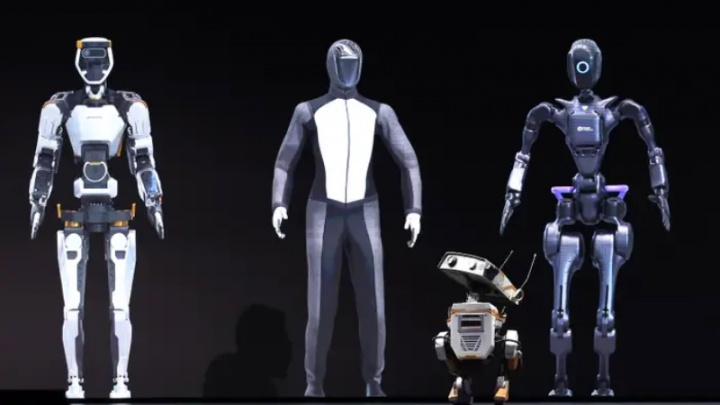Humanoid Robot Overview
The convergence of artificial intelligence and robotics is ushering in a new era for human-like machines. In recent years, there has been a surge in the number of companies specializing in the development and manufacturing of humanoid robots.

These robots are no longer limited to rigid, pre-programmed movements; thanks to artificial intelligence, they learn and adapt to their environment in real-time.
This advancement revolutionizes traditional automation, significantly expanding the potential applications for robots. The new generation of humanoid robots can operate flexibly in varied and unpredictable situations, representing a huge leap forward in fields such as manufacturing, healthcare, the service industry, and research and development.
To help navigate this landscape, I have compiled a table summarizing the key features of products from leading humanoid robot manufacturers. This table can help compare the capabilities, advantages, and other characteristics of different models.
| Company | Robot Model | Performance Features | Debut | Use Cases | Advantages | Challenges |
|---|---|---|---|---|---|---|
| Agility Robotics | Digit | Bipedal locomotion, autonomous navigation, manipulation capabilities | 2022 | Logistics, collaborative manufacturing | Increases operational efficiency, navigates terrain | Cost, design complexity |
| Boston Dynamics | Atlas | Advanced control algorithms, dynamic movements | 2023 (Electric) | Research, rescue operations, public relations | High mobility and agility | High development costs, maintaining balance |
| Figure AI | Figure 01 | AI vision technology, autonomous operation | 2024 (Planned) |
Automotive manufacturing, various industries | Can perform labor-intensive tasks | AI technology integration, public acceptance |
| Sanctuary AI | Phoenix | Human-like dexterity, general-purpose capabilities | 2023 | Industrial labor, customer service | Safe interaction with humans, versatile applications | High costs, complexity of autonomous functions |
| Tesla | Optimus | Utilizes Tesla's Full Self-Driving software | 2022 | Industrial tasks, factory automation | Integration with Tesla technologies, efficiency | Power requirements, adapting to different tasks |
| UBTECH Robotics | Walker S | Bipedal locomotion, precision sensor system | 2023 | Industrial environments, automotive manufacturing | Precision task execution, adaptability | Cost, development of sensor and locomotion systems |
This summary overview clearly illustrates how diverse and rapidly evolving the humanoid robot market is. Different models possess distinct strengths, allowing for their introduction into various industries depending on the specific use case. As technology continues to advance, we can expect to encounter even more sophisticated and versatile humanoid robots in the future, further expanding the boundaries of human-machine collaboration.